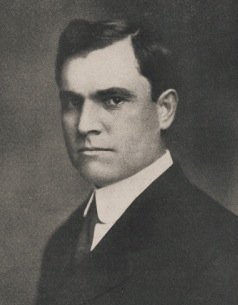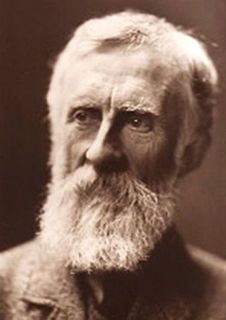A Quote by Gautama Buddha
Let the wise guard their thoughts, which are difficult to perceive, extremely subtle, and wander at will. Thought which is well guarded is the bearer of happiness.
Related Quotes
I reached in experience the nirvana which is unborn, unrivalled, secure from attachment, undecaying and unstained. This condition is indeed reached by me which is deep, difficult to see, difficult to understand, tranquil, excellent, beyond the reach of mere logic, subtle, and to be realized only by the wise.
Reform is a good replete with paradox; it is a cathartic which our political quacks, like our medical, recommend to others, but will not take themselves; it is admired by all who cannot effect it, and abused by all who can; it is thought pregnant with danger, for all time that is present, but would have been extremely profitable for that which is past, and will be highly salutary for that which is to come.
Everybody felt his superiority, but nobody felt oppressed by it. Though he had no illusions about people and human affairs, he was full of kindness toward everybody and everything. Never did he give the impression of domineering, always of serving and helping. He was extremely conscientious, without allowing anything to assume undue importance; a subtle humor guarded him, which was reflected in his eyes and in his smile.
Dr. Adler had instructed me to always say whatever I was thinking, but this was difficult for me, for the act of thinking and the act of articulating those thoughts were not synchronous to me, or even necessarily consecutive. I knew that I thought and spoke in the same language and that theoretically there should be no reason why I could not express my thoughts as they occurred or soon thereafter, but the language in which I thought and the language in which I spoke, though both English, often seemed divided by a gap that could not be simultaneously, or even retrospectively, bridged.
True wisdom, indeed, springs from the wide brain which is fed from the deep heart; and it is only when age warms its withering conceptions at the memory of its youthful fire, when it makes experience serve aspiration, and knowledge illumine the difficult paths through which thoughts thread their way into facts,--it is only then that age becomes broadly and nobly wise.
New habits make new horizons. Silently and imperceptibly you are forming habits which will ultimately determine the degree of your happiness and success. Closely guard the quality of your thoughts, that they may lead to right habits and thence to right living. Recognize and use such supreme qualities as courage, faith, humility, loyalty, temperance, and integrity.
Much indeed to be regretted, party disputes are now carried to such a length, and truth is so enveloped in mist and false representation, that it is extremely difficult to know through what channel to seek it. This difficulty to one, who is of no party, and whose sole wish is to pursue with undeviating steps a path which would lead this country to respectability, wealth, and happiness, is exceedingly to be lamented. But such, for wise purposes, it is presumed, is the turbulence of human passions in party disputes, when victory more than truth is the palm contended for.






























